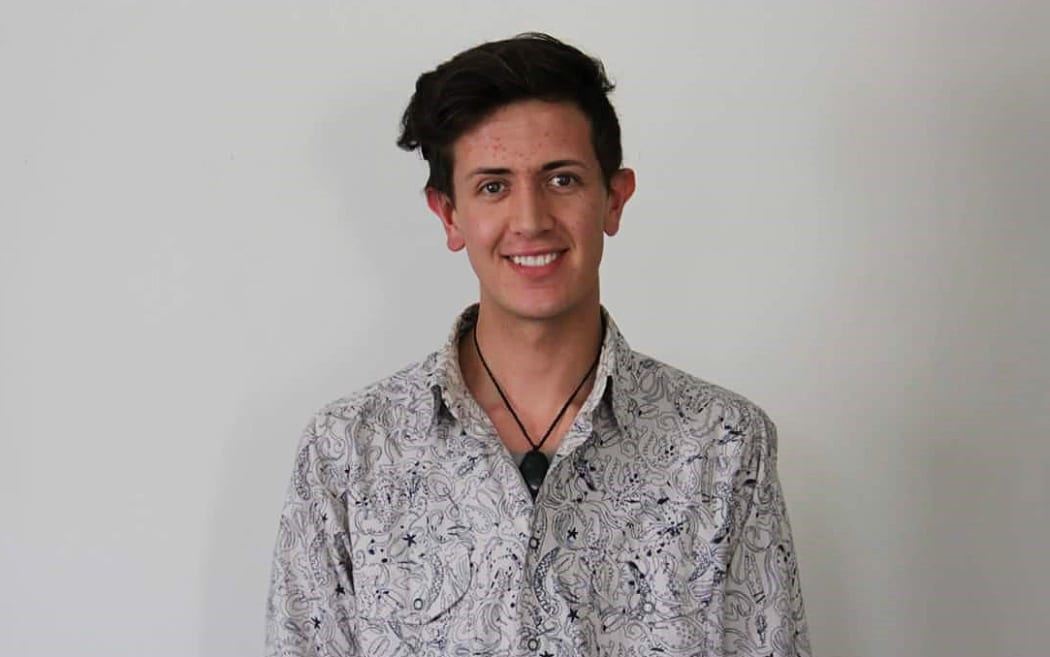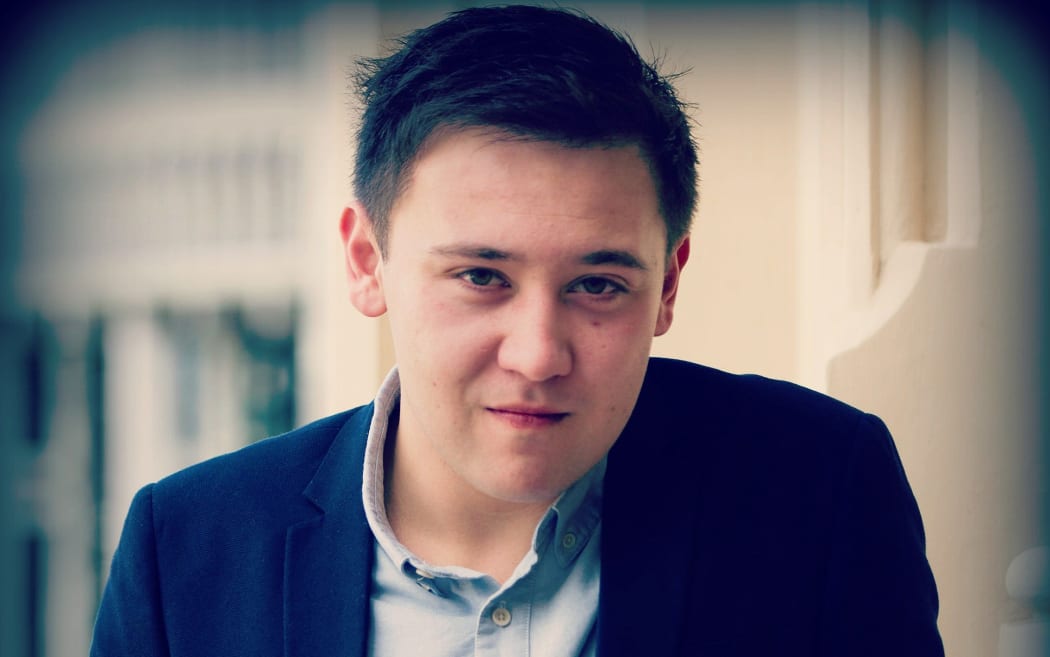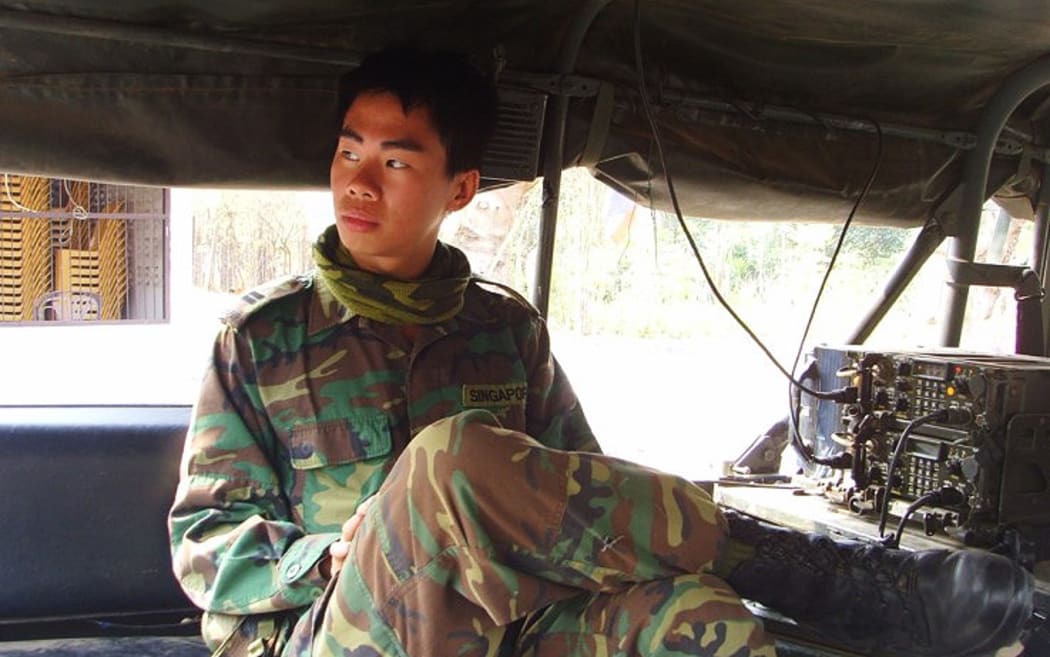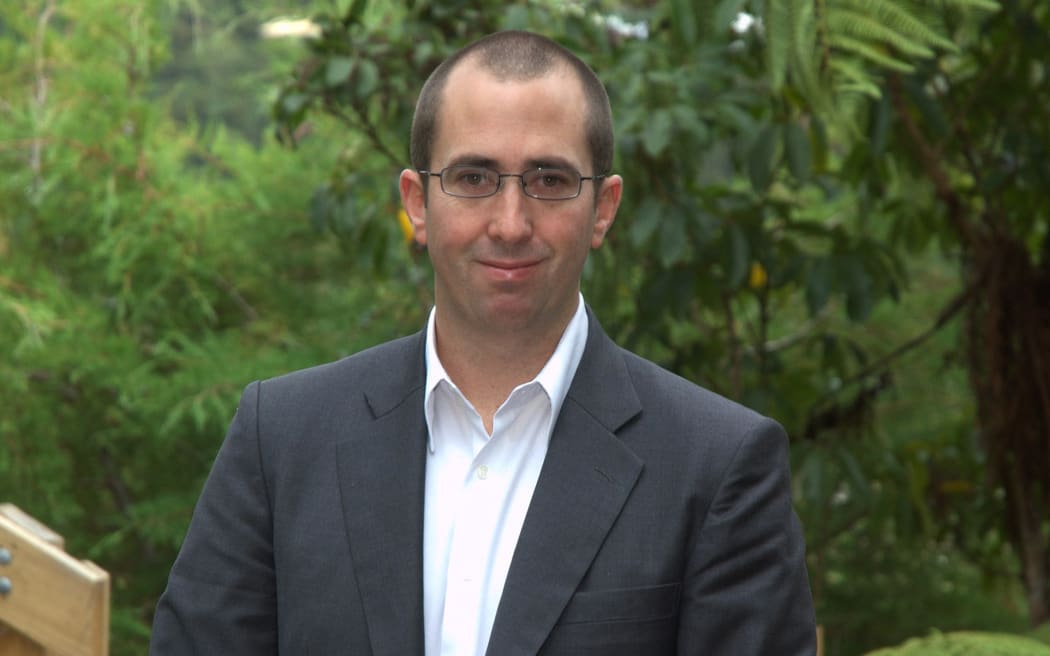How we identify ourselves vs how other people identify us.

Christian Rika: "I’m not dark, and I don’t have stereotypical Maori features - quite often people say, “No, you’re not,” or they’ll laugh." Photo: Supplied
Christian Rika, 22, has always identified as Māori – though other people have questioned his right to.
“I’m not dark, and I don’t have stereotypical Māori features - quite often people say, “No, you’re not,” or they’ll laugh. It can be quite upsetting and it is quite offensive. You can see where what they’re saying comes from, based on your appearance.”
But being Māori is not about appearance – it comes down to whakapapa, or ancestry. Christian uses the word “bloodlines”. He is of Ngāpuhi descent on his father’s side and feels a close cultural connection with his Maori whanau, taking additional papers at university on the side of his PR degree to improve his Te Reo.
The 1974 Māori Affairs Amendment Act redefined Maori as “a person of the Māori race of New Zealand; and includes any descendant of such a Māori”. It’s a broad definition, permitting individuals with even a smidgen of Māori ancestry to identify with the racial group.
Morgan Godfery, 23, who writes on indigenous issues in New Zealand, stresses the importance of ancestry for Māori.
“Everything else – whether it’s shared experience or skin colour – is secondary, perhaps even irrelevant. You wouldn’t define a Jewish person according to Irish racial norms – you’d use Jewish definitions of what constitutes a Jew. The same applies for Māori.”
Christian’s Māori identity doesn’t just stem from his whakapapa. “Maybe if I didn’t have that cultural heritage, I wouldn’t feel comfortable identifying with it, which I think does happen. I have friends who say, ‘I have Māori blood but I feel weird identifying as Māori because I’m so fair,’ as if you have to qualify your blood or ethnicity.”
Race – or ethnicity – is often seen as a fixed term, even though as late as the 17th century it only referred to shared language or nationality. The way we think about it now, in terms of quasi-biological difference, is at least partially informed by a colonial system of taxonomic categorisation. Distinctions are often drawn between race and ethnicity, but those differences are at best very fuzzy. Both are social constructs – or many different social constructs.

Morgan Godfrey: “It always depends on the social context,” Photo: Supplied
Morgan notes how idiosyncratic these different qualifying systems can be. “It always depends on the social context,” he says. “In Canada and New Zealand, white-skinned people can legitimately claim indigenous status – the measurement here is descent from an indigenous ancestor, not physical traits – yet in countries like Brazil, this may not hold.”
But these definitions are not always clear-cut, and complicated by how people feel they should, or can, identify.
“If there’s Māori blood in your veins,” says Christian, “then you have the option to identify, or not identify, as Māori. To a degree, it can be personal choice.”
He says that he doesn’t think other people’s identification is open for debate, though qualifies this by saying that there does have to be an ancestral link. “It’s not like you can pick anything you want and identify with it.”
Greg Kan, 27, is an Auckland-based writer, whose parents moved to New Zealand from Singapore in 2001. He returned to Singapore for compulsory military service at 18, and was sometimes called "jiak kan tang", which roughly translates as "potato eater", mocking his perceived foreignness and different accent.
“It’s partly also because of the potato as a cultural signifier of colonialism – and that it is yellow on the outside and white on the inside.”
But was this a racist comment? Greg isn’t sure. “I almost want to say that it wasn’t ‘serious’, but how often do people dare to frame ‘racism’ seriously? Tribal jokes are some of the easiest jokes to make about other people - it’s funny because you’re different in some way, and that’s apparently funny enough on its own.”

While on military service in Singapore, Greg Kan was sometimes called "jiak kan tang", which roughly translates to potato-eater. Photo: Supplied
These days, if asked whether he identifies as a New Zealander or Singaporean, he tends more towards “none of the above”. “There are different layers that I can answer from – if people were to ask me in terms of where I’ve spent the most time, then that’s Singapore.
“If you were asking me geopolitically, then I am a New Zealander, because I now have New Zealand citizenship, and I am way more geopolitically invested in New Zealand.”
The act of not identifying with anywhere is in its own way a subversive one, he says. “Modes of recognition are modes of capture — the way that larger scale forces organise bodies, which is undeniably oppressive and repressive. To be unidentifiable is to a potential mode of subversion. To be somewhat beyond identification has real sociopolitical power.”
He says Identity isn’t simply a question of how you see yourself, but a combination of things: “What I say, think, feel; what other people say, think, feel; what other material conditions there are, like ethnicity, socio-cultural environment, place.”
Christian says that because people don’t necessarily assume that he’s Māori, his skin colour has allowed him a different experience than other people may have had. “I get to walk in both worlds. And it’s a privilege, in both worlds: to not have to go through discrimination, and to be a part of the Maori world.”
Jay Waters, 35, is a New Zealand Pakeha who also lives between two worlds - Korea and New Zealand.
“But Asia’s always in the back of my mind. Different families have different values and different needs - the Korean part of me is carried through into the roles I hold and the decisions I make.”

Jay Waters: "Different families have different values and different needs - the Korean part of me is carried through into the roles I hold and the decisions I make." Photo: Supplied
He met his now-wife in Korea, where he lived for six or seven years. Their daughter, who mostly speaks Korean, was born in 2013, and registered with two ethnicities. These two worlds have led him to feel bicultural, despite growing up in New Zealand.
“I guess I could say that, if you had to label it. For me, being bicultural is just normal. It’s not unique, it’s not special, it’s just normal to me.”
Jay works for the Korean embassy, and is completing a PhD in Asian Studies at Victoria University, with a particular interest in sport. He mentions “boundary people”, who sit between two different societies. “I guess I kind of fall in that category, depending where I am and what situation I’m in.”
“Sometimes it can be a little confusing, as to which part of society you fit into, but, overall, you just do.”
His wife’s Korean family treats him no differently. “I’m one of the family, in the same way that my wife is part of my family. There’s no difference - I don’t see my wife as Korean, she’s just my wife.”
Greg wonders what the function of racial identity is, and what it is useful for. “Everyone has many different faces, beyond the notion that there is a ‘true’ authentic self underneath it all, which I don’t really believe in. I think we are the sum of all, and more.”
“People find these situations so interesting because we want to know ‘what’s really the answer’, and I think it would be good if people can let go of that.”
For Christian, though, the process of learning more about being Māori has been in part a personal journey of self-discovery. “I didn’t feel knowledgeable enough to really embrace my background and I am quite fair, so that’s something that I’m resolving now.
“Going back, learning more about where I fit in the world - I feel more comfortable with my identity now.”

